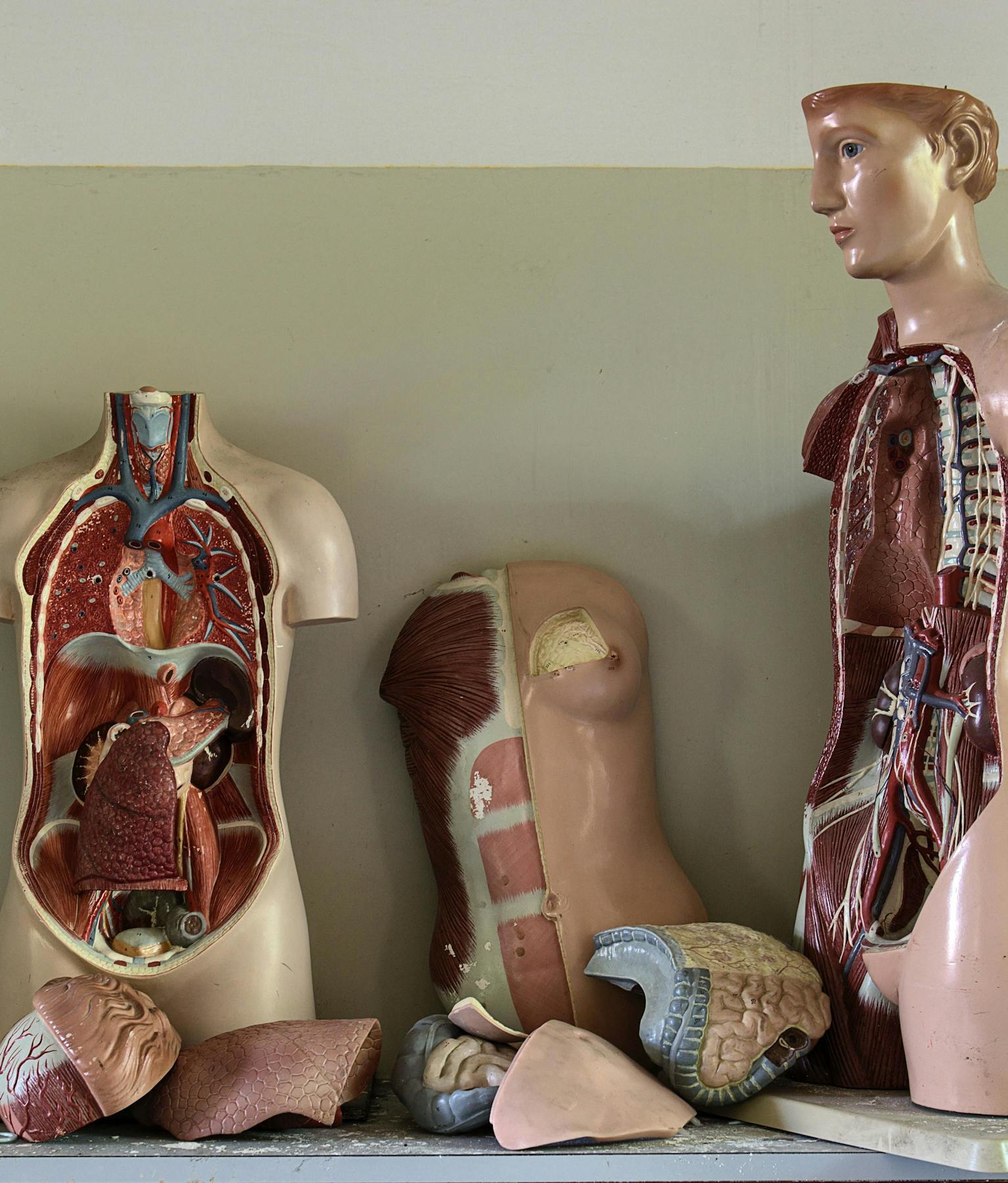
HIV is the abbreviation forHuman Immunodeficiency Virus
The virus attacks your body's immune system, enters your body and destroys certain white blood cells (CD4 cells). These cells normally protect your body against viruses, bacteria or fungi + some cancers.
| TRANSFER | NO TRANSFER |
| The HIV virus is foundin semen, vaginal secretions, blood and breast milk. HIV is most often transmitted through unprotected sex. | In everyday contact with people, you are not at risk of getting infected with HIV. There is no risk of transmission via:
|
|
Anyone can get infected with HIV, regardless of sexual orientation, age or origin.
Today, infections increasingly affect heterosexuals who are less aware of the risks of unsafe sex.
In our country, about the same amount of men who have sex with men, and heterosexual men and women have HIV.
The HIV prevention pill PrEP * (link to website) is one of the drugs that caused the rates to drop among certain risk groups, such as men who have sex with men.
HIV affects the immune system. This occurs in phases. AIDS is the final phase.
After the acute HIV infection, you usually feel healthy again for an extended period of time. In the meantime, however, your immune system is impaired and you will get symptoms at some point. This may be after two years, but may also take longer than ten years. It is impossible to predict when exactly this will happen. It is different for everyone.
| Phase 1: Acute infection 2-6 weeks after infection | Flu-like symptoms:
|
| Phase 2: asymptomatic phase The duration of this phase varies, from months to years | You haveno symptoms. The HIV virus remains active and multiplies. |
| Phase 3: symptomatic phase The duration of this phase varies, from months to years | The symptoms of the acute infection may recur and last longer. |
| Phase 4: AIDS phase | Most of the immune cells are destroyed.The immune system can no longer fight against diseases. You get opportunistic infections/cancer (certain forms). |
Those who start taking HIV medication in time will not develop AIDS and will have the same resistance as someone without HIV.
Those who start medication during the AIDS phase must wait longer before their resistance recovers (+ usually incompletely in this phase).
Thanks to effective HIV treatment AIDS is prevented. As a result, very few people in Belgium reach the AIDS stage.
Test regularly for HIV + start medication as soon as possible after diagnosis!
The medication for HIV (‘HIV inhibitors’) usually involves taking one pill per day. The medication reduces the number of virus particles, or the viral load, in the blood. A low viral load prevents the immune system from breaking down. The viral load becomes undetectable. This means that HIV can no longer be passed on during sexual contacts without a condom.
HIV medication does not cure HIV. It stops you from passing on the virus and helps you stay healthy.
New HIV inhibitors are still being developed. Injectable treatments have recently become available (the patient receives an injection once every 2 months).
Not Measurable = Not Transferable (N=N)
If the HIV treatment works well, the amount of HIV in the blood becomes so small that it can no longer be measured, and the HIV is no longer transmittable.
Undetectable=Untransmittable (U=U).
Patients comes to the infectious diseases department for consultation an average of 2-4 times a year, and each time a blood sample is taken (checking the viral load in the blood, CD4 cells, etc.).
HIV is no longer seen as a fatal disease, but as a chronic disorder. Thanks to current medication, people living with HIV have an almost normal life expectancy.
Yes, if a woman with HIV takes medication and has a suppressed virus, the baby will not be infected with HIV.
Yes. Thanks to HIV inhibitors, the virus particles in the blood drop so low that the virus can no longer be transmitted, even through sexual contact without a condom.
PEP (Post Exposure Prophylaxis) is a treatment that can prevent an HIV infection after a risk contact.
A risk contact means that you may have come into contact with the HIV virus. If you prick yourself with a needle (e.g. needle in rubbish bag), unprotected sexual contact with risk of HIV ...
Starting treatment as soon as possible after the risk behaviour helps to prevent infection with HIV. Treatment should start as early as possible and at the latest 72 hours after contact.
PEP and PrEP are medicines (HIV inhibitors) that prevent you from getting HIV.
PEP is taken shortly after you have had unsafe sex with a risk of HIV.
PrEP is taken in advance to exclude the risk of HIV.
(General) practitioners (e.g. for an HIV test), HIV reference centre.
Get tested for HIV and other STIs if you have taken risks
Haven't found your answer yet?
Send an e-mail to: infectieziekten@yperman.net
Or call: 057/ 35 6752